Alright – so today we’ve got the honor of introducing you to Sonja Xie. We think you’ll enjoy our conversation, we’ve shared it below.
Sonja, looking forward to hearing all of your stories today. We love heartwarming stories – do you have a heartwarming story from your career to share?
There’s no doubt that working with children and seniors in our community brings a plethora of heartwarming moments. One that stands out is from our art programs with seniors living with dementia at Kaplan JCC on the Palisades. When we engage our participants in creative, hands-on programs, we often witness subtle moments of growth and inspiration that allow our team to find meaning in our work. We’ve seen it ourselves in the glint of determination in seniors’ eyes as they set out on the journey to create the most decorated paper flower, or the way their faces light up when they correctly identify a word in learning games. These heartwarming moments give our team the courage to continue inventing creative programs with compassion and understanding.
Sonja, before we move on to more of these sorts of questions, can you take some time to bring our readers up to speed on you and what you do?
In today’s society, where terms like “schizo” are casually thrown around as insults and mental illness is still viewed as a weakness in academic-driven environments, there remains an undeniable gap in brain health education. This stigma isn’t confined to Westchester, NY. Communities around the globe continue to struggle with misinformation, silence, and shame surrounding these conditions. Educational systems rarely accommodate mental health education, nor do they teach about the vast spectrum of neurological disorders that affect 43% of the world’s population (American Brain Foundation, 2021). Where the curriculum fell silent, I sought to bring brain health education to the forefront of our community.
Brain Waves for Change (BWC) is a fiscally sponsored, student-led 501(c)(3) non-profit organization founded in 2024 and based in Westchester, NY. We work with youth located locally and across 5 continents to implement community-based programs that make brain health education more accessible. In turn, we hope to decrease the stigma that surrounds both neurological illness and mental illness. At the heart of our approach is art, a powerful tool that both encourages creativity among participants and makes complex topics feel more approachable.
Our organization operates through three pillars: Education, Community, and Collaboration.
Through our educational programs, we partner with public libraries to lead interactive arts & crafts workshops for children. These lessons introduce kids to brain science, neurological health, brain injury prevention, and mental well-being through activities like building play-doh brains or creating pipe-cleaner neurons. By doing so, we introduce young learners to the fascinating world of neurosciences, equip them with vital emergency response skills, and encourage empathy toward people with brain and mental health conditions from a young age.
Our community programs focus on connection and service, whether that means organizing art projects at memory care facilities or creating inclusive programming for children with developmental disabilities. We bring art activities to underserved populations and lead donation projects to deliver essential resources for those in need.
Lastly, collaborating with like-minded youth across to globe is central to our mission to transform the way the world perceives neurological illness. Our international team includes Global Engagement Leads from Romania, Nigeria, Brazil, India, and the US, along with researchers and program leaders across 12+ countries. It’s inspiring to connect with such bright, like-minded youth, and together, we seek to transform brain health education with unprecedented compassion and creativity.
Putting training and knowledge aside, what else do you think really matters in terms of succeeding in your field?
Having both humanity and compassion is essential for success when working directly with the community. Our team has learned to recognize that understanding brain health involves more than just facts and data; it requires acknowledging the experiences, struggles, and strengths of the individuals and communities we serve. Behind every art creation may be a story of a grandfather who recently passed away from Alzheimer’s disease or a brother living with major depressive disorder. Compassion encourages us to listen before we make assumptions, and to create inclusive spaces as the first step to dismantle stigma.
Are there any books, videos, essays or other resources that have significantly impacted your management and entrepreneurial thinking and philosophy?
Online resources from organizations like the Dana Foundation, the Alzheimer’s Association, the American Brain Coalition, the American Psychiatric Association, the National Alliance on Mental Illness, and Mental Health America offer both valuable and accessible information regarding brain and mental health. The American Brain Foundation’s publication, “Health Disparities in Neurology: Brain Disease and Mental Illness,” has served as an evidence-based foundation for guiding Brain Waves for Change’s mission. We encourage others to explore these trusted resources and to make use of their crisis support tools whenever needed.
Contact Info:
- Website: https://www.brainwavesforchange.org
- Instagram: https://www.instagram.com/brainwavesforchange/
- Linkedin: https://www.linkedin.com/company/brain-waves-for-change/
- Other: Contact: [email protected]
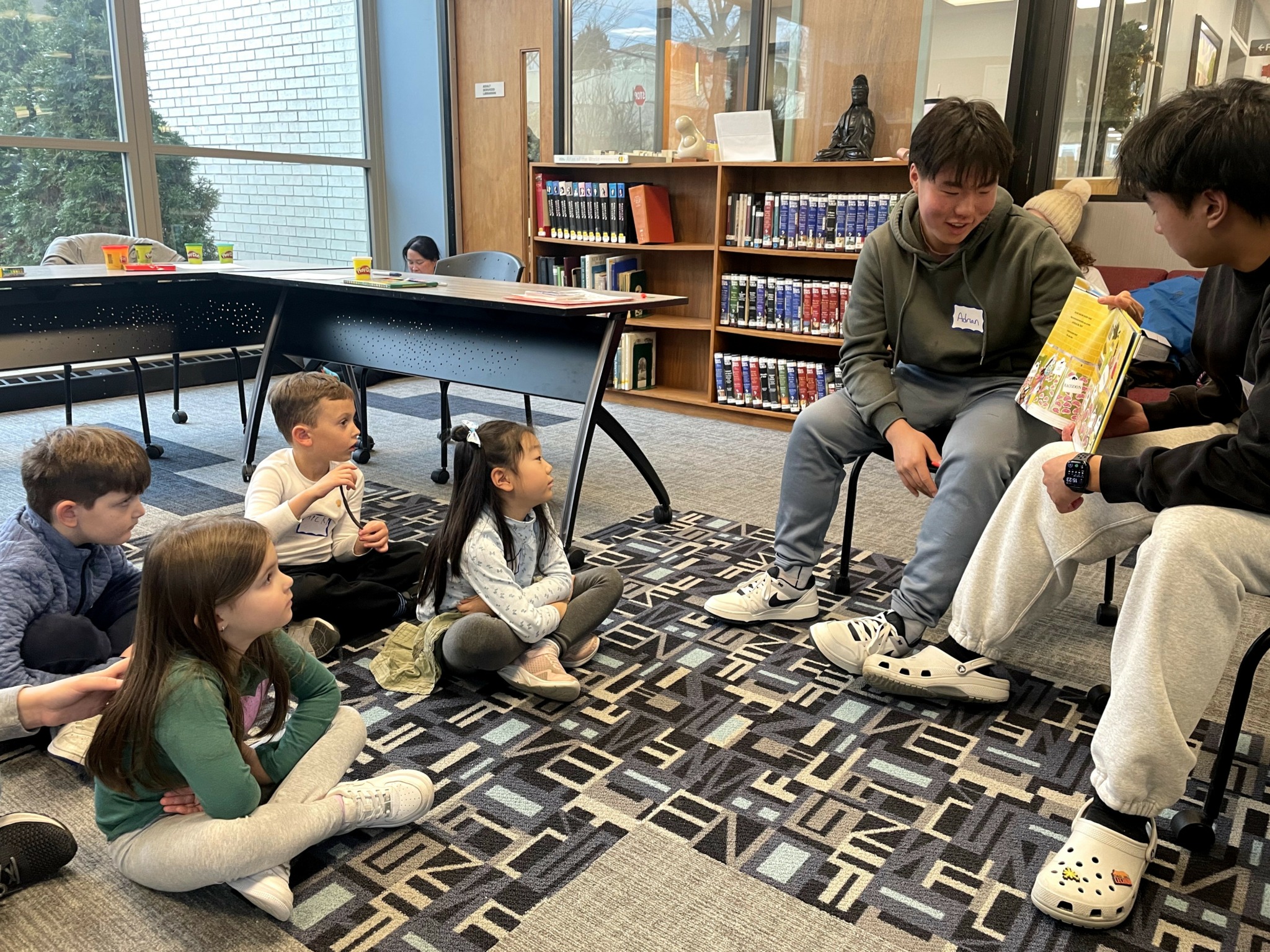
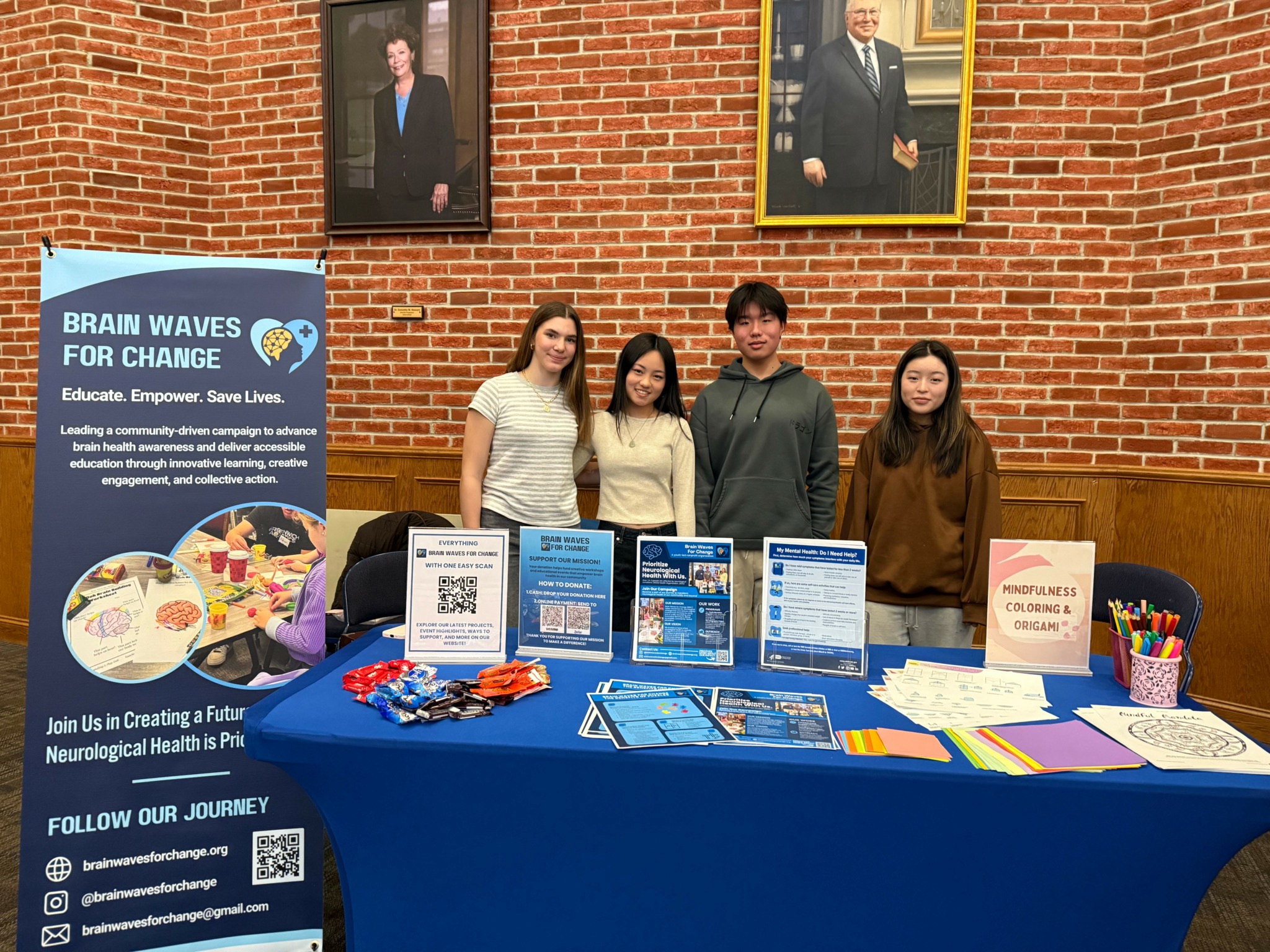
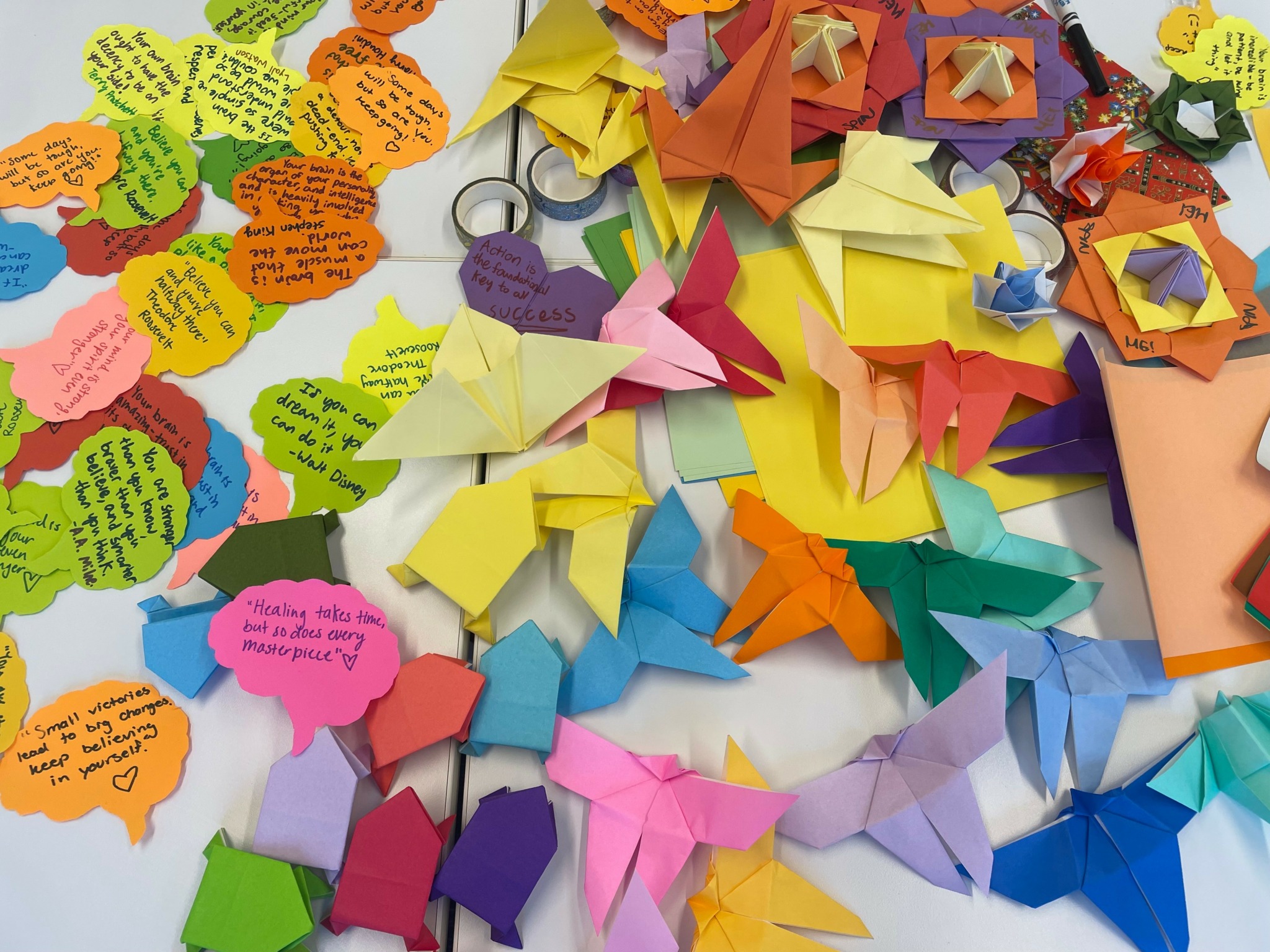
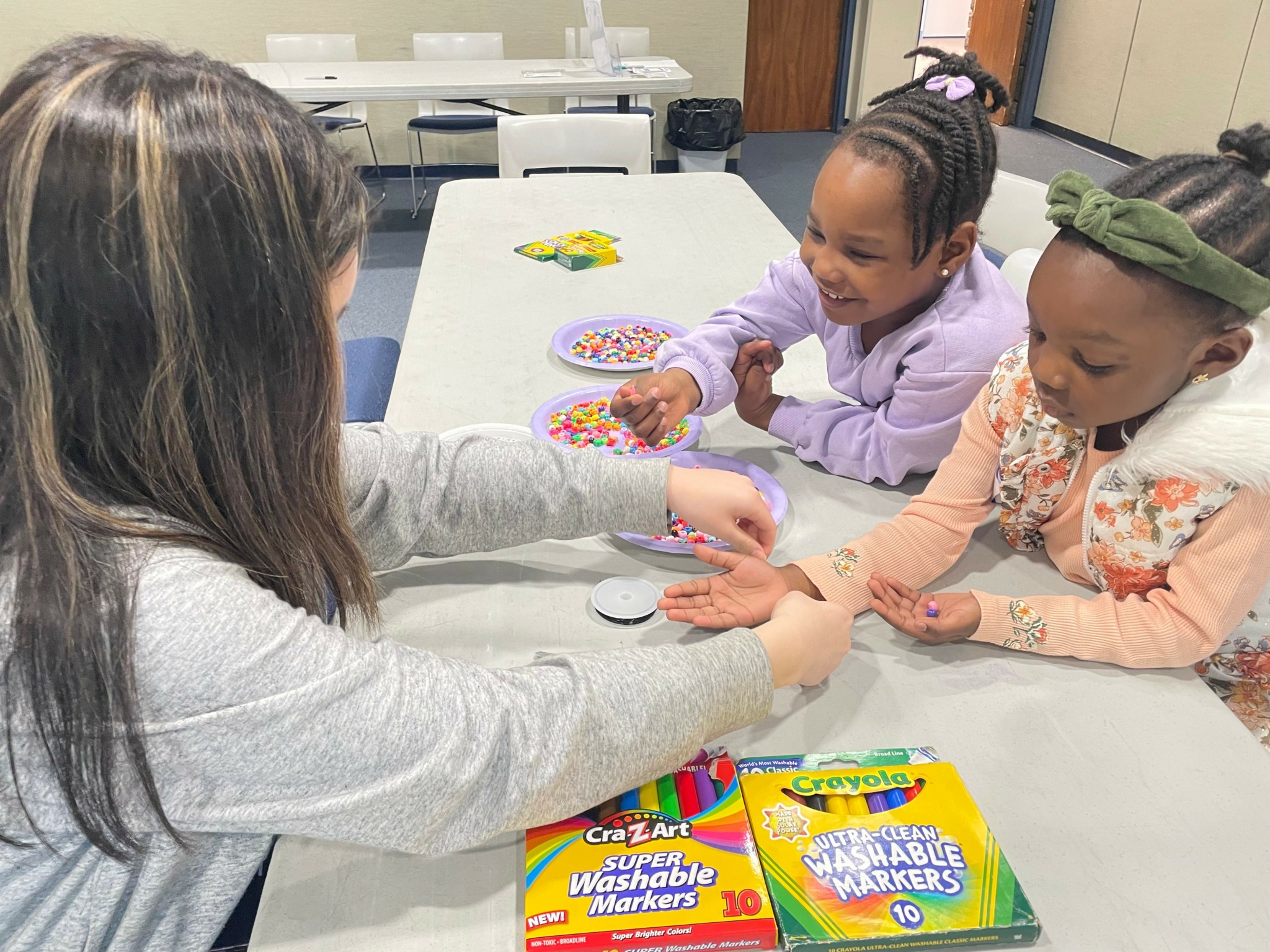
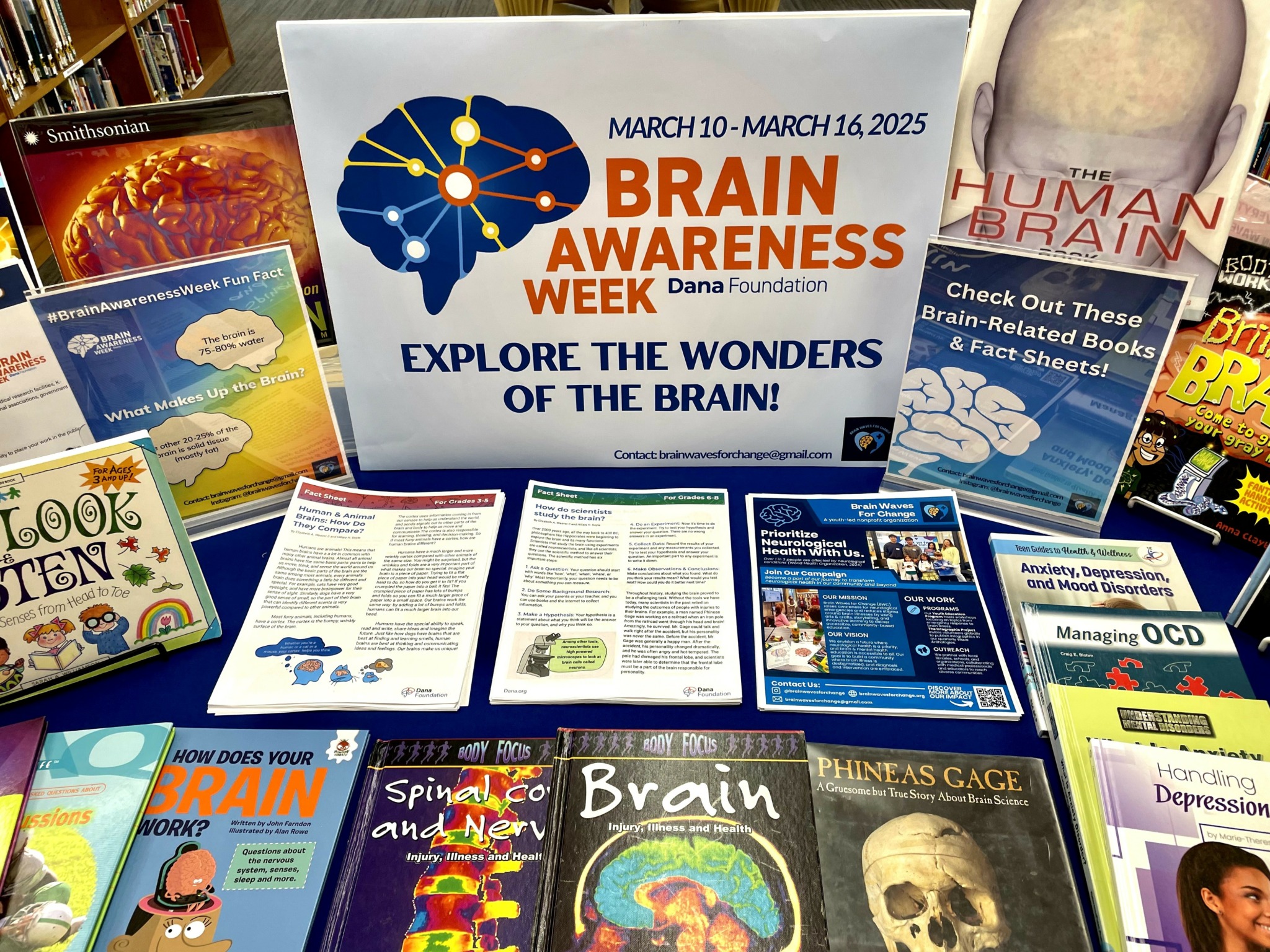
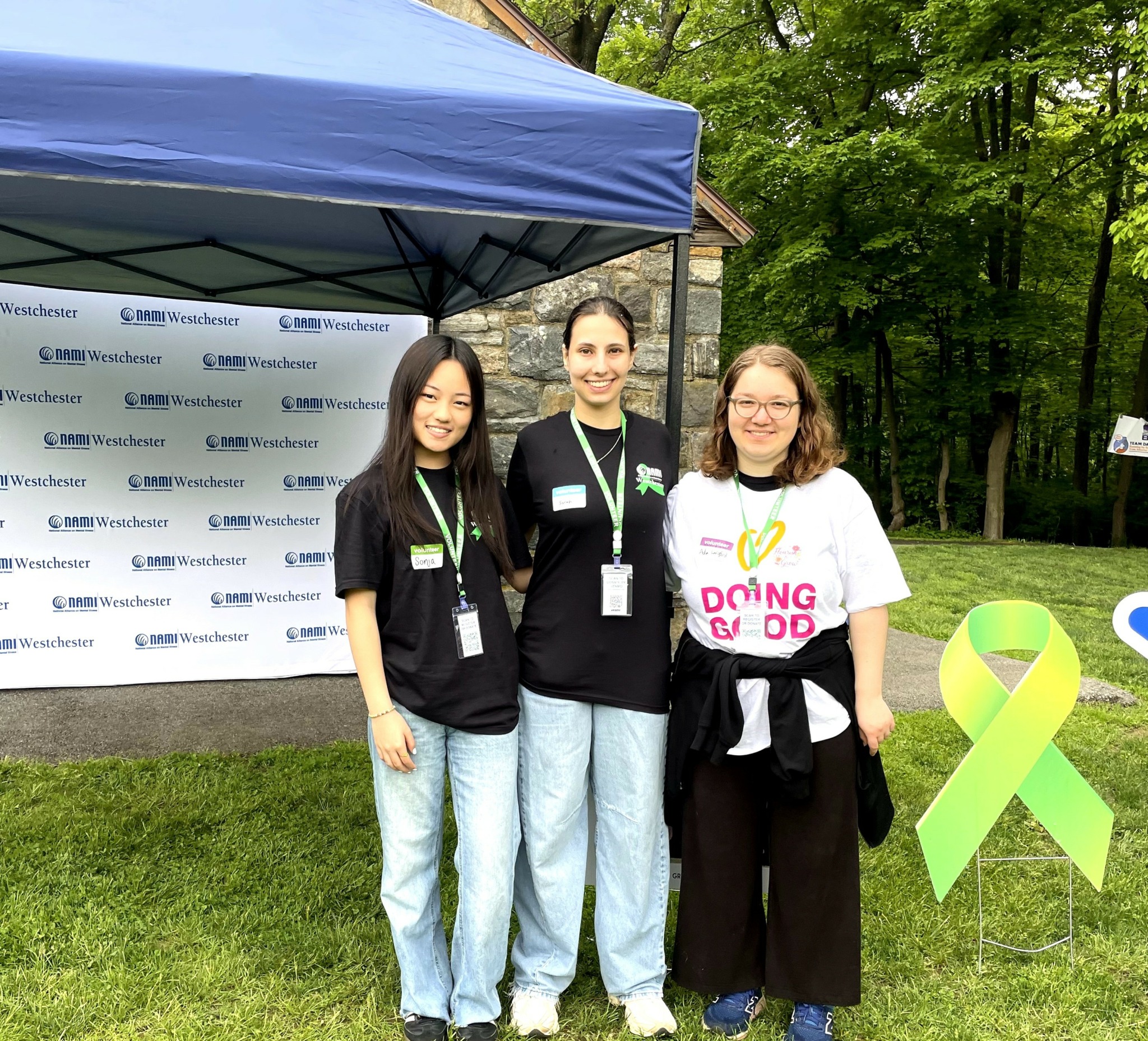
Image Credits
Brain Waves for Change


